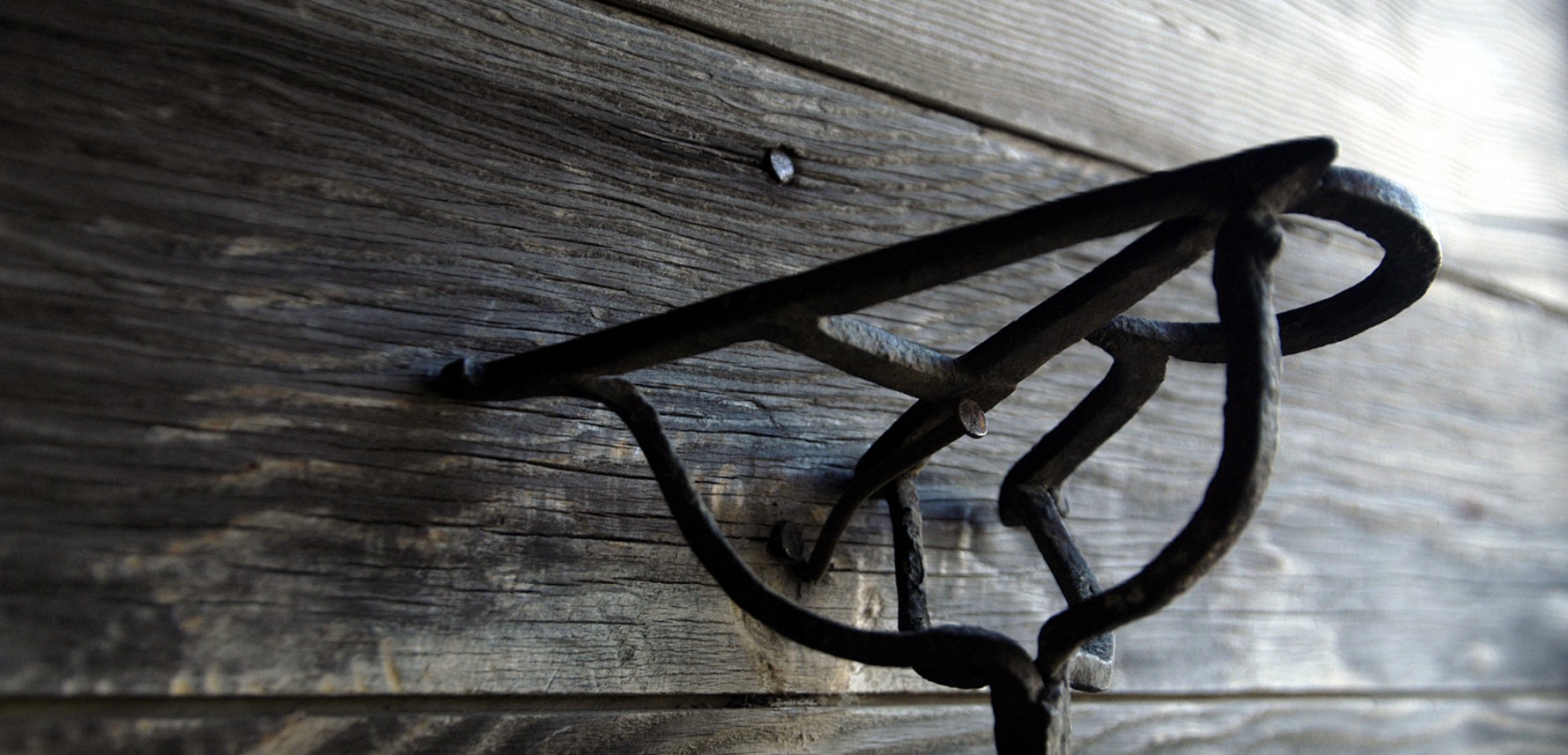
An official dictionary definition of the word brand is:-
- ‘A type of product, manufactured by a particular company, under a particular name.’
- ‘An identifying mark burned on livestock, criminals and slaves.’
As the second definition states, ‘branding’ was used years ago by farmers, as a way to differentiate between their various livestock.
Whilst this technique still takes place today, the term ‘Brand/Branding’ has become more synonymous with businesses and organisations around the world – the first definition listed above.
Branding doesn’t have to be all about business though – as individuals we invest a lot of time and effort in our own personal branding especially when we are in new situations, or when meeting new people.
Whether it is a first day at college or university, an interview for a new job, a first date or even just attending an event for the first time, we carefully get ready, select the clothes we want to wear and mentally prepare for the way we want to portray ourselves.
We will have done some research, have an idea of the impression we want to make and think about the person we want to be when being introduced to new people. The clothes we wear, the way our hair is styled and what we say is all part of our personal branding. How we say our name being part of that, formally/informally, full name or nickname. All of these things set us aside from other people around us and will hopefully leave a lasting impression.
For businesses, branding works in a similar way. At the end of the day it is the impression that company wants to give to us, their prospect, customer, employee or supplier.
They have a name, they have an identity (the way they look) and they will have a message about who they are. In an ideal world it would be great to meet every individual customer face to face however, through branding, businesses are able to communicate to their customers about who they are, what they do and what they stand for. Their employees unified under a common identity, mission and objectives.
With a logo, advertising, marketing material and a website, businesses can unite all these elements under the one brand to make emotional connections with their stakeholders.
Just as the farmers years ago needed a way to know whose sheep were whose, businesses use their branding to stand out from the competition but mainly to show their customers what they can expect from them.
If you think about the amount of time you invest in your own personal branding, then you can begin to see why it is so important to businesses and why they can spend huge amounts of money getting it right.
Have you thought about what you own personal brand says about you? Does your brand match the type of person you are?


